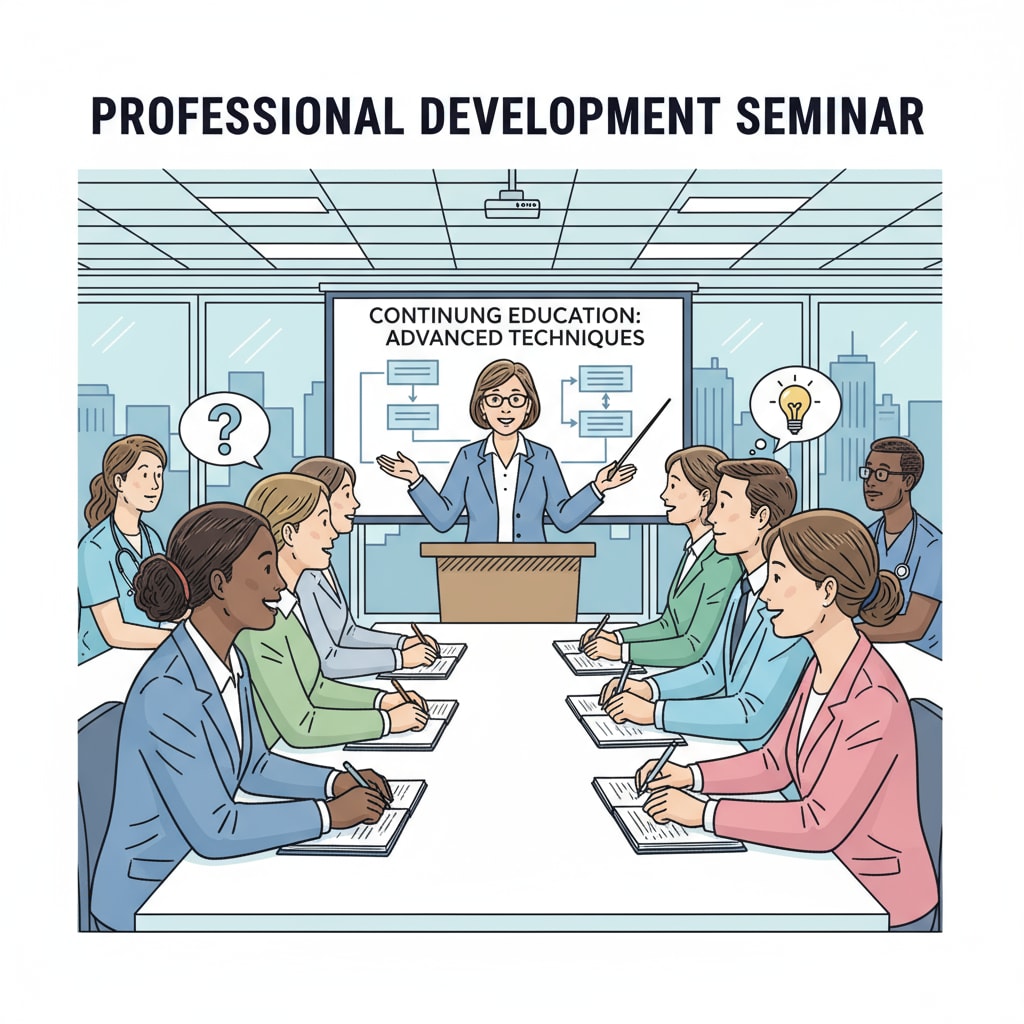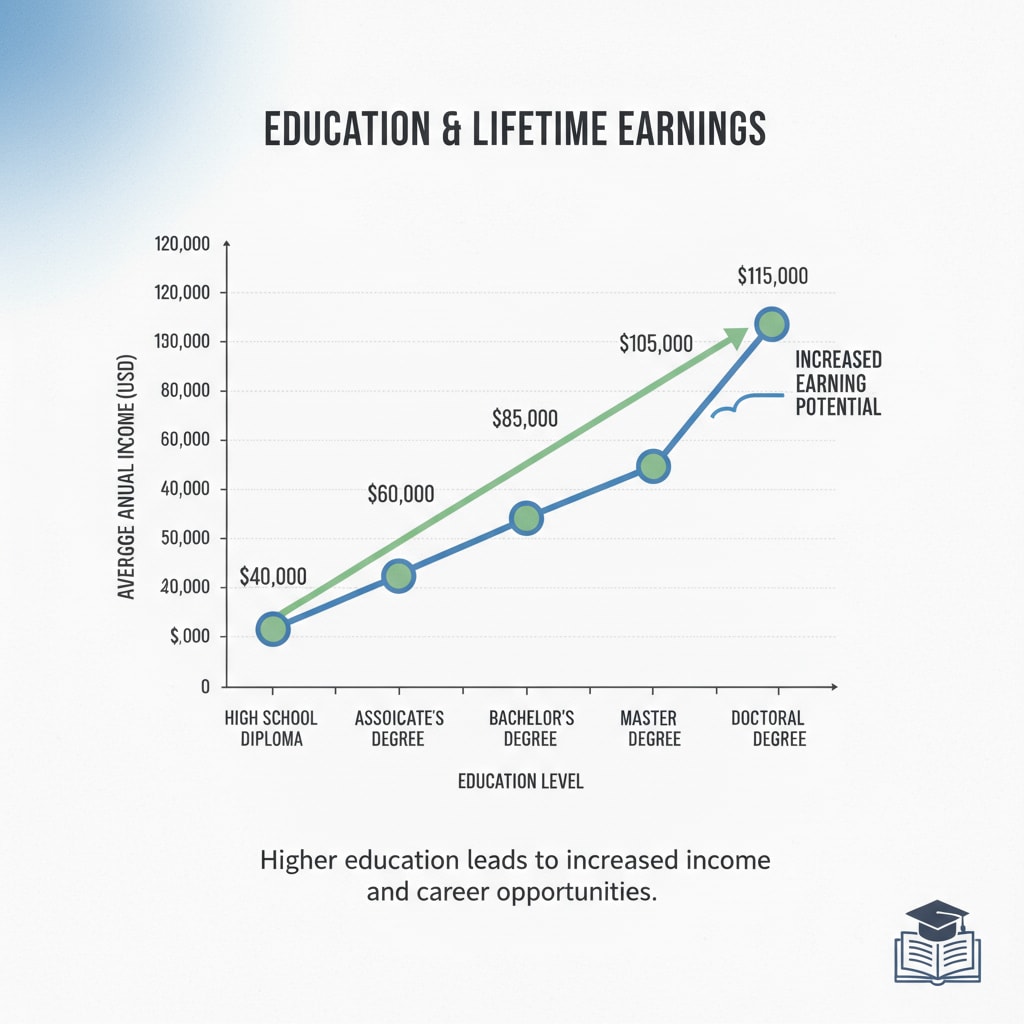In today’s competitive job market, career development, educational requirements, and continuing education have become crucial topics for working professionals. Many individuals find themselves facing limitations due to a lack of appropriate educational qualifications. However, there are various options available for them to enhance their educational background and reshape their career paths.

The Significance of Education in Career Advancement
Education often serves as a stepping stone to career success. Higher education levels are generally associated with better job opportunities, higher salaries, and more challenging positions. For example, in many industries such as finance and technology, a bachelor’s degree or above is often a basic requirement for entry-level positions. According to Bureau of Labor Statistics data, workers with higher education tend to have lower unemployment rates and higher earnings. This clearly shows the strong link between education and career development.

Challenges Faced by Professionals with Educational Shortcomings
Those with educational deficiencies may encounter several obstacles in their careers. They may be passed over for promotions, miss out on job opportunities, or find it difficult to keep up with the rapid pace of technological and industry changes. In addition, they may face self-doubt and lack of confidence in the workplace. However, these challenges are not insurmountable. Continuing education offers a viable solution.
Continuing Education Options for Working Professionals
There are numerous continuing education paths available. One option is pursuing an online degree program. Online education provides flexibility, allowing professionals to study at their own pace while still fulfilling work and personal commitments. For instance, many reputable universities offer online bachelor’s and master’s degrees in various fields. Another option is enrolling in vocational training courses. These courses focus on practical skills and can enhance one’s competitiveness in a specific industry. Accredited Online Colleges lists a variety of vocational training options. Additionally, attending workshops and seminars can provide valuable networking opportunities and up-to-date knowledge.
Readability guidance: As we can see, understanding the importance of education, the challenges faced, and the available continuing education options is crucial for professionals looking to advance their careers. By making informed decisions about continuing education, they can break through the educational ceiling and achieve their career goals.


